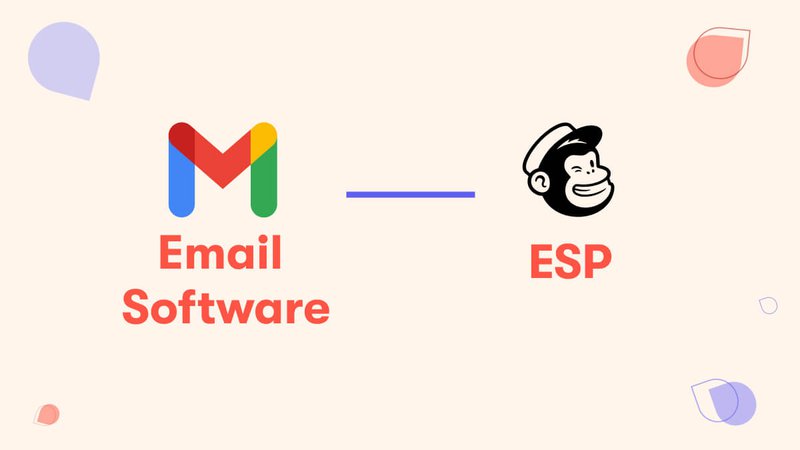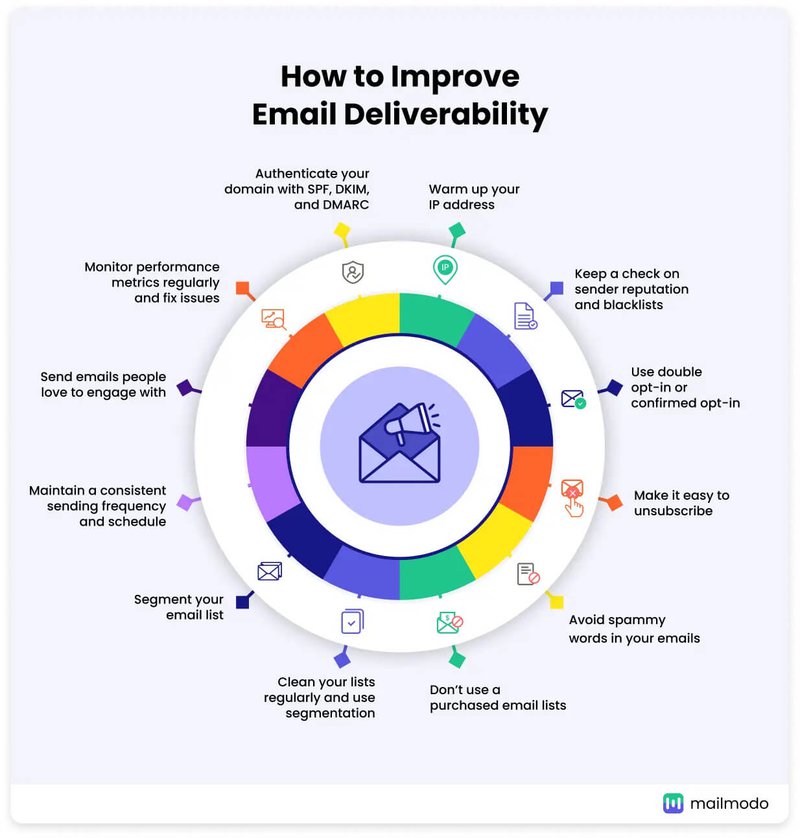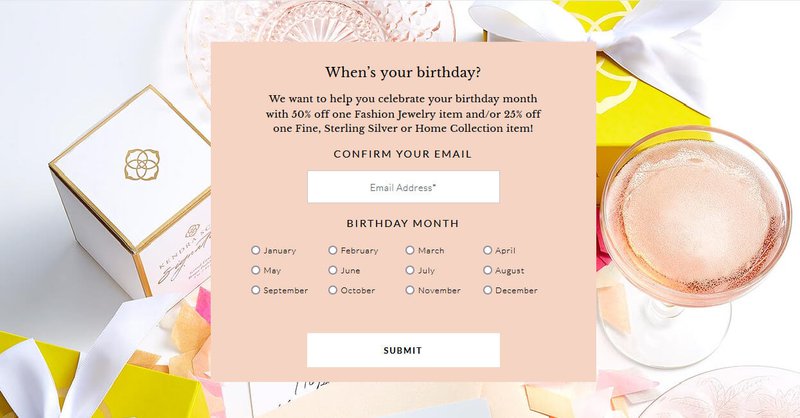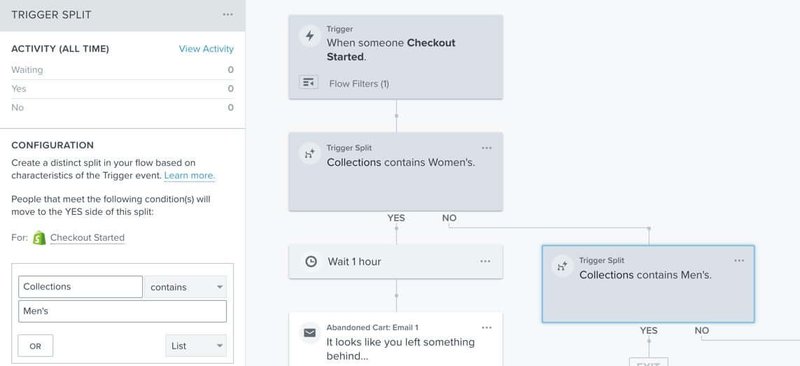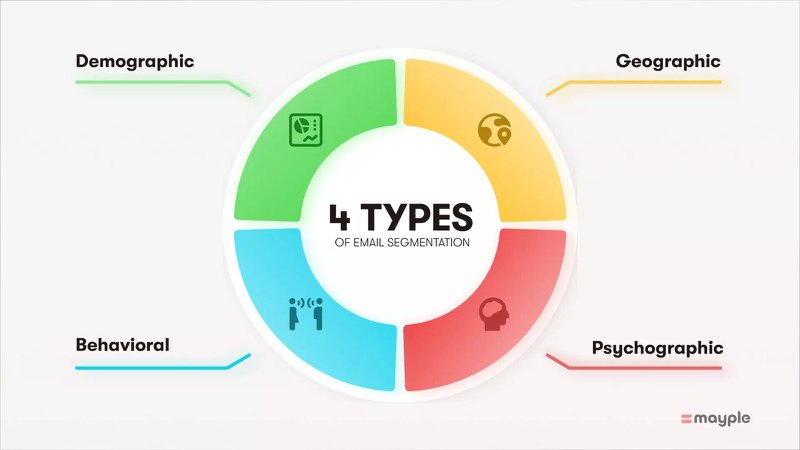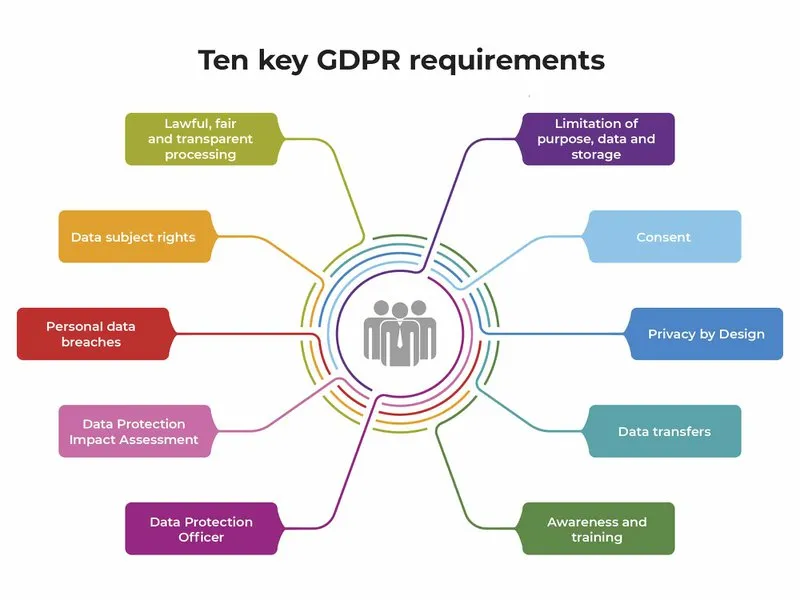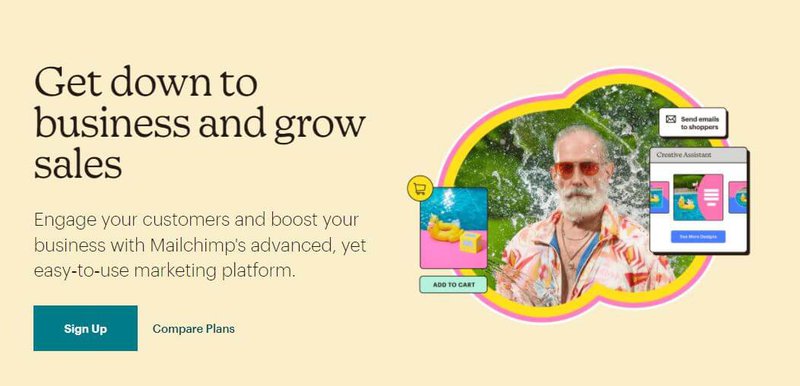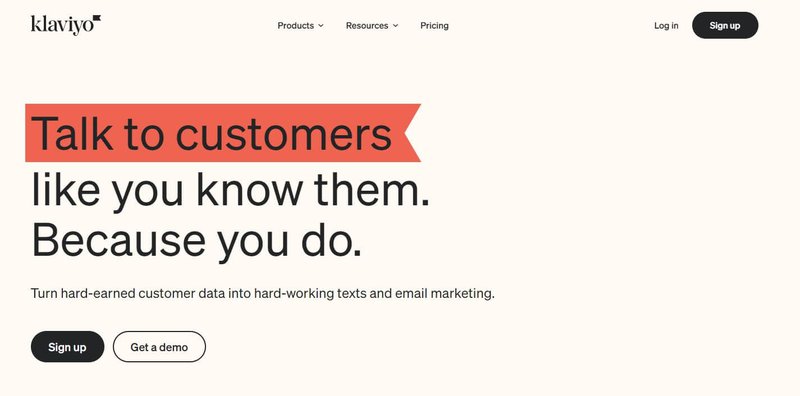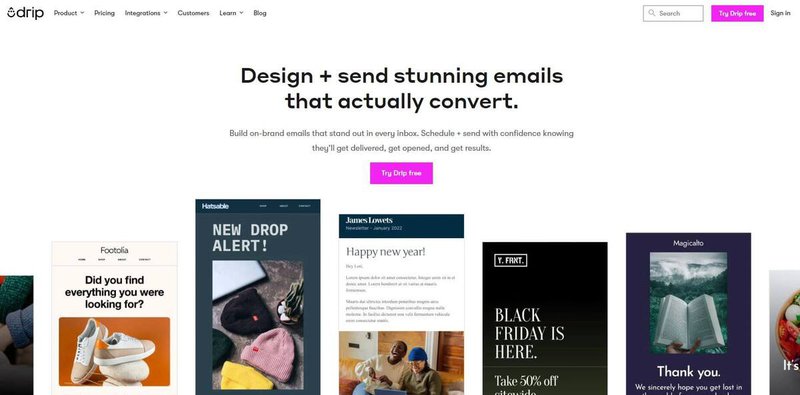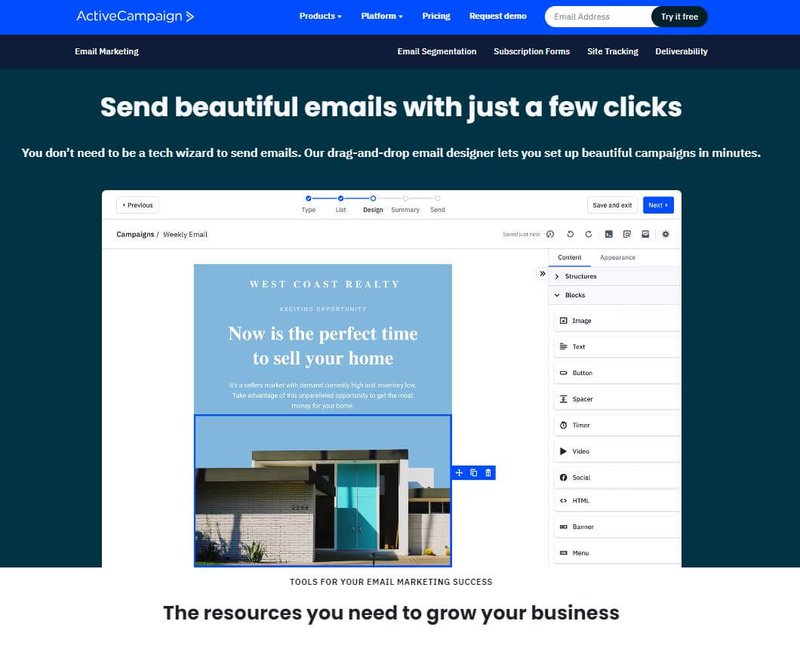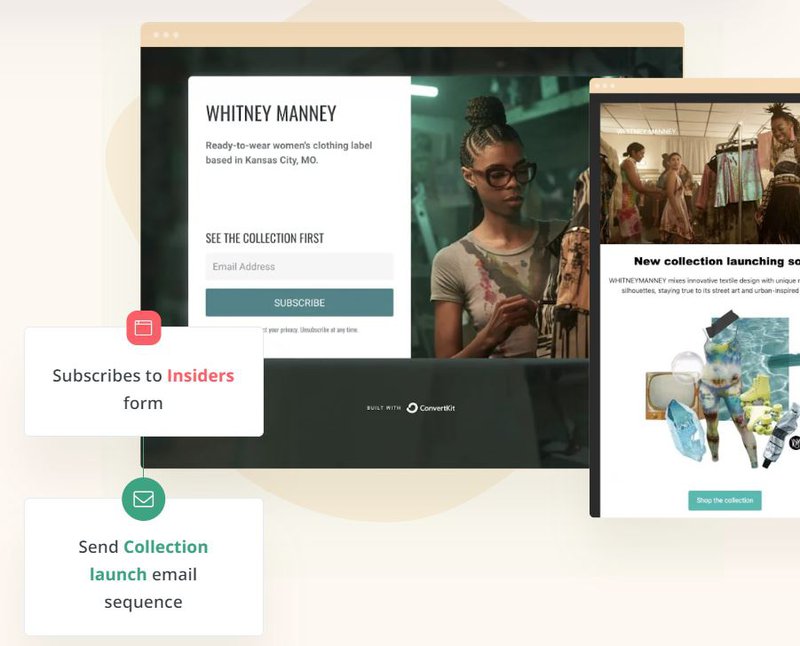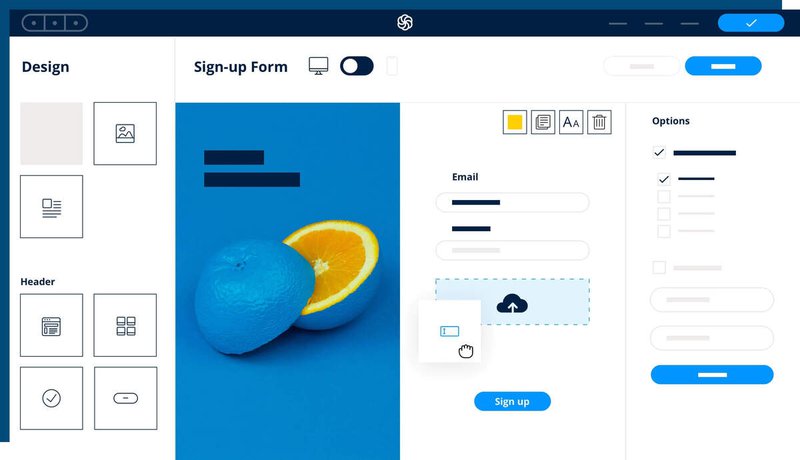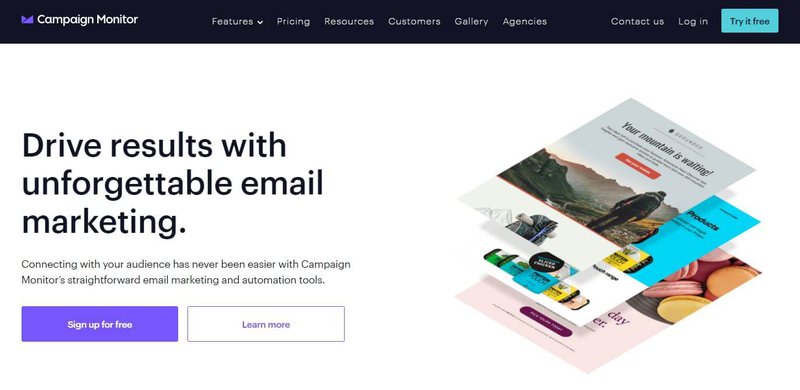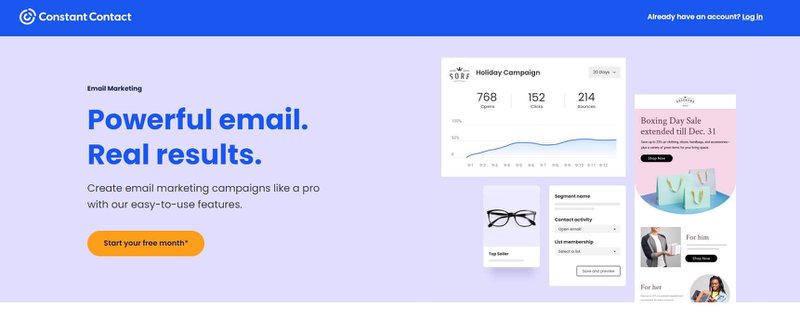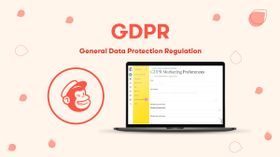What Is an Email Service Provider (ESP)? + Best Ones for 2025
Discover the power of Email Service Providers (ESPs) and why they're important for email marketing strategy, easy templates, automation, tracking, and more.
Updated November 5, 2024.
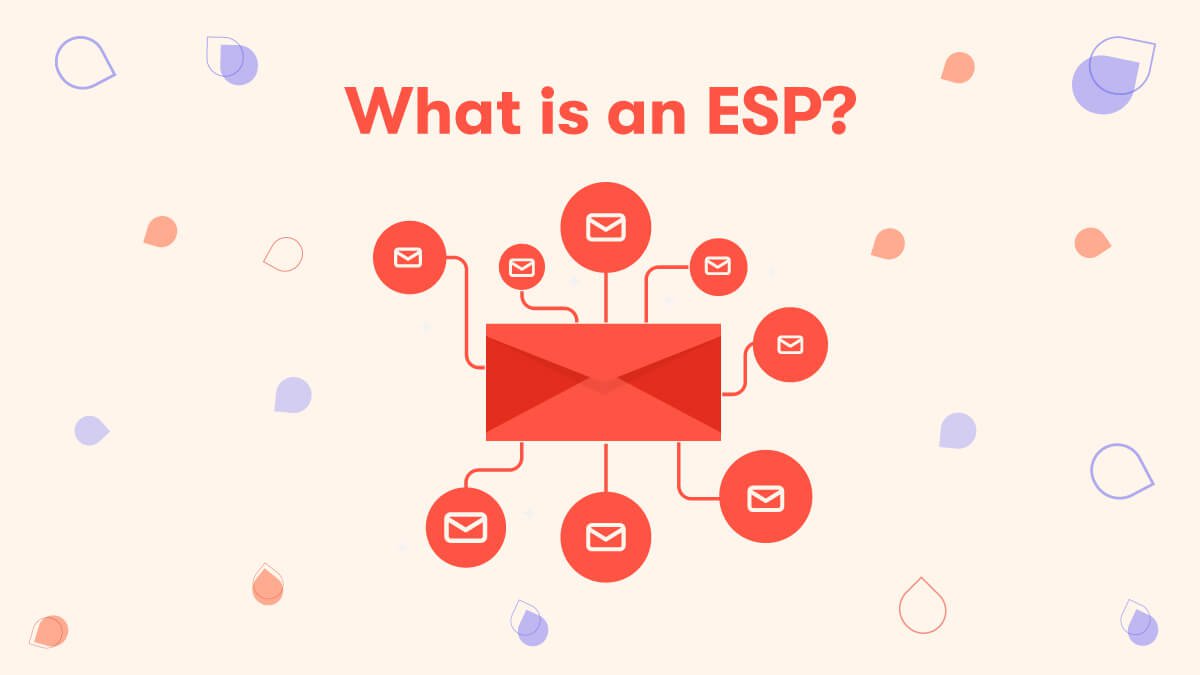
Everyone talks about email marketing being the marketing channel with the highest revenue. And that’s true if you really put the time and effort into it, use your customer data, and A/B test like crazy. None of that is possible without the right email marketing tool.
You need a good Email Service Provider (ESP) to set up the right automations, create stunning email campaigns, and continuously convert leads and delight customers. Here’s how to find the right one for your business.
What is an ESP?
An Email Service Provider (ESP) is a technology platform that facilitates email marketing campaigns. More than just conventional email software, ESPs empower businesses to create, manage, and optimize their email marketing initiatives efficiently. While they might sound similar, there's a significant distinction between ESPs and basic email software.
ESP vs. Email Software
Email software is akin to a basic communication tool that allows you to send and receive emails. These are your Gmails and Outlooks. These tools help you type, send, and receive emails. They're handy for personal communication and managing your inbox but lack the robust features necessary for executing effective email marketing campaigns.
On the other hand, ESPs or email marketing platforms are built for email marketers and offer a suite of advanced features that empower businesses to create personalized, targeted, and automated email campaigns. These are tools like Klaviyo, Mailchimp, Constant Contact, or Omnisend.
They offer features like bulk email sending, analytics, automation, personalization, and better email delivery. They let you upload your email list and send personalized emails to different segments. So, if you're running a business or handling a large number of emails, an ESP is the way to go.
Top 9 Reasons You Need an ESP
Doing email marketing without an email marketing tool is like trying to write an email on a dumb phone. It will take you ages. You can't just send individual emails to your customers. You need additional features like segmentation, personalization, A/B testing, automated email flows, and deliverability features.
Here are the top reasons why you need to use an ESP.
1. Email deliverability
The success of your marketing emails depends on whether your emails land in the recipient's inbox. ESPs employ sophisticated techniques to enhance deliverability rates and reduce the chances of your emails getting flagged as spam.
Pro tip: need help with your deliverability? Talk to one of our Email Deliverability Consultants today.
2. Compliance
Email marketing must comply with various regulations, such as GDPR and CAN-SPAM. ESPs ensure your campaigns adhere to these regulations and help you avoid legal complications.
3. List management
An ESP simplifies the management of your subscriber lists and allows you to segment and organize your contacts effectively for targeted messaging.
4. Easy-to-use email templates
Creating visually appealing emails is a breeze with pre-designed templates and built-in email journeys. This saves time and ensures your emails are consistent and professional.
5. Segmentation and personalization
Segmentation and personalization are paramount to email marketing success. ESPs enable you to tailor your content based on user behavior and preferences, leading to higher engagement rates. You can add personalized images, mention previously purchased products, and even embed videos into your emails.
6. Email automation
ESPs offer advanced automation features and allow you to set up triggered emails based on user actions, such as a welcome email series, abandoned cart reminders, and shipping notifications. You can also target visitors based on the product pages they saw, what they added to their cart, or which blog posts they’ve read.
7. Marketing funnels
Crafting effective marketing funnels becomes seamless with ESPs. You can guide subscribers through a well-defined journey, from initial contact to conversion. You can set up a Mailchimp form (or any form that connects to your tool of choice) and collect new subscribers.
8. Tracking, analytics, and reporting
Understanding the performance of your campaigns is essential for continuous improvement. ESPs provide comprehensive analytics that help you gauge open rates, click-through rates, and other vital metrics.
9. Time saving
The efficiency of ESPs streamlines your workflow, saving you time and effort. You can schedule emails in advance, which allows you to focus on other crucial aspects of your business.
How to choose an email service provider
Selecting the right Email Service Provider (ESP) is a strategic decision that can significantly shape your marketing journey. Given the uniqueness of every business, not all ESP features will be equally relevant. Here's a closer look at the key features that should guide your selection.
1. Email marketing automation
Engaging subscribers requires personalized attention. Advanced automation capabilities offered by ESPs empower you to create tailored experiences, delivering the right message at the right time. By automating processes like welcome emails, abandoned cart reminders, and personalized recommendations, you can deepen connections and drive conversions.
2. Lead capture forms
Building a strong subscriber list is fundamental to email marketing success. Effective lead generation hinges on user-friendly, customizable forms that seamlessly integrate into your website. Tools that provide these forms simplify the process of capturing valuable leads, contributing to sustained growth.
3. A/B testing
Optimizing campaigns demands data-driven insights. A/B testing enables you to experiment with different versions of your emails to see what resonates best with your audience. This iterative process helps improve your conversion rates and boosts the overall effectiveness of your email communication.
Aspects of your email you should test:
- Your email subject lines + preview text
- The from email address
- The body or content of the email
- The CTA text
4. Audience segmentation
Not all subscribers are the same, and audience segmentation empowers you to craft messages that cater to specific segments. Robust segmentation options—ranging from demographics to behavior—enable you to deliver content that speaks directly to individual preferences, enhancing engagement.
5. CRM and survey tools
Comprehensive insights into customer needs and preferences drive effective campaigns. Integration with Customer Relationship Management (CRM) systems and survey tools equips you with in-depth knowledge, enabling you to create lead-nurturing emails that truly resonate.
6. Compliance with regulations
Compliance with email marketing regulations is non-negotiable. A reliable ESP ensures your campaigns adhere to standards like GDPR and CAN-SPAM, safeguarding your brand's reputation and protecting you from potential legal entanglements.
Each of these factors is important to effectively execute your email marketing strategy. By thoughtfully considering these features when choosing an email provider, you're setting the stage for enhanced efficiency, engagement, and success.
The best ESPs on the market in 2024
Here’s an incomplete list of some of the best email tools on the market. All these can work for your business, you just have to find the right one for your tech stack, team, and use case.
1.
Mailchimp's user-friendly interface and wide range of templates make it a popular choice for beginners. With its intuitive drag-and-drop editor and a wide array of email templates, Mailchimp simplifies the process of creating visually appealing emails. It also offers features like A/B testing and audience segmentation, making it an excellent option for beginners and experienced marketers alike.
Pro tip: Not using your Mailchimp setup to the fullest? Don’t push it off till next year. Hire a Mailchimp expert with Mayple today!
2.
Tailored for eCommerce, Klaviyo excels in audience segmentation and personalized marketing. Klaviyo caters specifically to eCommerce businesses, boasting powerful audience segmentation and hyper-personalization features. This ESP enables you to create dynamic campaigns based on customer behavior, purchase history, and preferences.
Klaviyo's integration with eCommerce platforms allows you to seamlessly track ROI and maximize revenue through targeted email strategies. Want your Klaviyo campaigns in trusted hands? Hire a Klaviyo Specialist.
3.
Drip's powerful automation and behavior-triggered emails make it an excellent choice for eCommerce businesses. It has all the features you need plus the visual editor that everyone loves.
4. ActiveCampaign
ActiveCampaign is a versatile choice for businesses of all sizes with its robust automation and CRM features. The tool helps businesses to orchestrate intricate automated workflows while maintaining personalized engagement with their audience. From triggered emails to lead scoring and dynamic content, ActiveCampaign empowers businesses to nurture leads and drive conversions.
5. ConvertKit
ConvertKit is built for creators looking to start their own newsletter. It offers simple yet effective automation and email-building features. It has some great landing page features, forms, and an eCommerce engine built in.
6. Sendinblue (Brevo)
Sendinblue's affordability and comprehensive marketing tools make it a great option for small businesses. It was recently bought by a CRM tool called Brevo which lets you create marketing campaigns over email, SMS, WhatsApp, chat, and use advanced CRM features to put it all together.
7. Campaign Monitor
Campaign Monitor's user-friendly interface and drag-and-drop editor simplify email creation. They also have a really cool broken link tool that scans all your emails and alerts you if something is broken.
8. Constant Contact
A user-friendly ESP with a strong focus on customer support and ease of use. It has a broad range of features including - a landing page builder, email, SMS, and social media marketing tools. So it's much more of a comprehensive marketing solution.
Harness the Power of ESPs
Email marketing remains an essential component of any successful digital marketing strategy. By using an ESP, you unlock a world of possibilities, from enhanced automation to targeted communication and improved analytics. As the eCommerce landscape evolves, staying competitive requires embracing the tools that can elevate your brand's reach, engagement, and revenue.
FAQs
What are ESPs examples?
ESPs, or Email Service Providers, include platforms like ActiveCampaign, Mailchimp, Klaviyo, ConvertKit, Campaign Monitor, Hubspot, Zoho Mail, and more.
What is ESP for eMarketing?
ESP, in eMarketing, refers to Email Service Providers that offer advanced tools for creating, managing, and optimizing email marketing campaigns.
Why are ESPs important?
ESPs are crucial for businesses as they provide features like email automation, personalized messaging, analytics, and compliance, which enhance the effectiveness of your email marketing efforts. They help increase your deliverability and avoid triggering spam filters and landing in the spam folder of your list of subscribers.
Which ESP is the best?
The best ESP depends on your business's specific needs. Popular options include ActiveCampaign, Mailchimp, Klaviyo, Drip, and more. Most of them have the basic functionalities that businesses need, with a few nuances based on the specific use case.
Is Gmail an ESP?
Gmail is not an ESP. While it is an email service, it lacks the advanced features that ESPs offer for email marketing campaigns. It is great for individual emails but can not send large volumes of emails, doesn't have customizable templates, and lacks the range of tools that marketers need to grow the revenue of various marketing channels.
